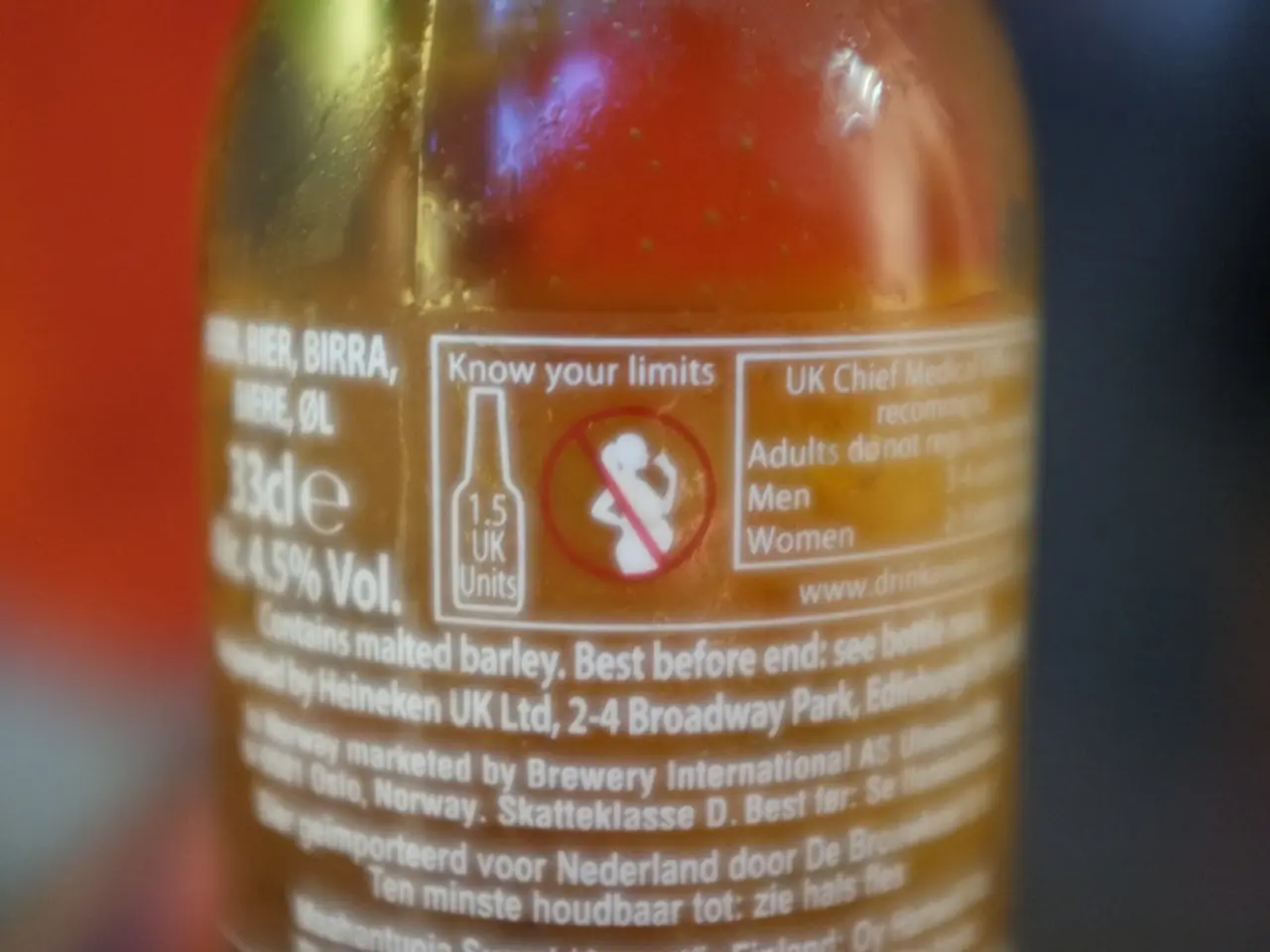Enhanced Skills and Abilities
In the ever-evolving world of cosmetics, innovation is at the forefront of product development. The AI Innovation Lab, spearheaded by esteemed companies like Esteé Lauder, aims to accelerate this progress, enhancing customer experiences through data-driven personalization.
The growing demand for multifunctional and sustainable products presents a unique challenge: balancing innovation with practicality. This is particularly evident in the development of biodegradable beauty products, which require advanced materials science.
To tackle this, companies like Ami Cosmetic and Durae Corporation have turned to nature for inspiration. They have created a natural blend using fermented algae and Codium fragile extract, boosting hyaluronic acid production and reducing inflammation. Similarly, plant root extracts such as licorice root, ginseng, and turmeric are gaining attention as a safer, more biocompatible alternative to traditional chemical-based ingredients in hair care.
In the realm of skincare, advancements in skin-care infusion devices are a hot topic. JNL Co. LTD. has filed a patent for a portable cosmetic device that uses electrical stimulation, vibrations, and light waves to open pores and create micro-channels in the skin, enhancing the absorption of cosmetic formulations without the need for needle-based devices. JH International Co. Ltd, in collaboration with Dongmyeong University, has developed a patent utilizing Peltier elements for flexible adjustment of heating and cooling functions to optimize the absorption of active ingredients and provide a soothing effect.
The cosmetic industry is also focusing on finding methods for enhancing the absorption of active ingredients into the skin's deeper layers without causing damage. Korean companies like Daebong Life Science and Daesang Corporation are developing an innovative solution using Chlorella protothecoides peptides for skin whitening and anti-aging.
The use of algae extracts in cosmetics is projected to grow at a CAGR of 9.6% from 2024 to 2031. Companies like L'Oréal, BASF, and Solazyme have already developed innovative solutions for using algae extracts in cosmetic products in recent years. Tranlab, in collaboration with PEP Technologies, has developed a novel solution using a blend of ground herbal powders for controlling dandruff and acne without irritation or dryness.
With increasing regulations and consumer demand for transparency, cosmetic companies must prioritize ethical sourcing, cleaner formulations, and eco-conscious practices to remain competitive. Sephora, for instance, has integrated AI technology to help customers find the best products for their skin, with the introduction of the SEPHORA + PANTONE COLOR IQ in 2013 and a handheld scanning device with sensors for skin tone prediction and personalized product recommendations in 2022.
Lulu Labs, too, has developed a patented AI-powered system that uses deep learning models for accurate skin data analysis and personalized product recommendations. Their system includes a skin-measuring device for capturing user images, a database management unit for determining skin type and diagnosing issues, and a personal color determination feature for suggesting makeup products.
The challenge for cosmetic companies is discovering breakthrough ingredients and formulations that offer both performance and safety, navigating evolving regulations while ensuring products meet consumer expectations, and leveraging new technologies to create tailored solutions that stand out in the market. The future of cosmetics promises to be an exciting journey, blending science, nature, and technology for the benefit of all.
Read also:
- Rural farm communities sound the alarm over the perilous state of livestock deliveries
- Initial Nutrient for Boosting Immune System: Reasoning Behind Blueberries Being an Ideal First Food for Infants
- EU's ban on bean exports from Nigeria results in an annual loss of $363 million for the country, according to AAPN.
- Rapid action required: Scientists urgently working to freeze a severely endangered tree species to prevent its extinction








